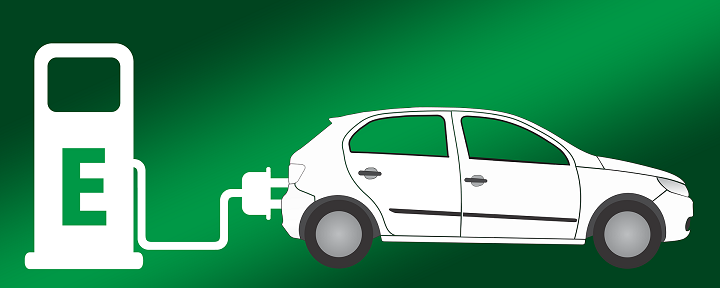
Hydrogen fuel is the future. Hydrogen can be used to produce electricity through electrolysis, but it can also be used to create synthetic fuels that are cleaner and safer than fossil fuels. This video explores hydrogen fuel cells, how they work, and some of the pros and cons of this clean energy technology.
‘Hacking’ is short for ‘hacking into’ something in order to explore (i.e., hack) its inner workings. In this case, we can use our understanding of the natural world to explain what hacking involves and then we can go around the room with our explanations, giving us an opportunity to test them.
How Does Hydrogen Fuel Work?
‘Hydrogen fuel has long been seen as the ultimate alternative to fossil fuels. But how realistic is that hope?
Hydrogen may be the ideal alternative fuel – but only if hydrogen can be produced easily and cheaply. While we can’t get enough of the stuff now, this video explains how hydrogen fuel works.
Hydrogen Fuel Cars are the future of transportation.
Hydrogen fueled cars have zero emissions making them perfect for cities that want to reduce air pollution. Many people wonder if hydrogen fuel cars can be affordable? In this video we explain how they work and what their range is like. These cars are safe and easy to use, producing only water after usage.
Please share our videos about your experiences with hydrogen fuel cars!
We post daily updates on our channel and look forward to seeing comments from viewers!
What is the difference between electric vehicles & hydrogen fuel cells?
Electric Vehicles (EV) are powered by electricity, whereas Hydrogen Fuel Cells (HFC) use hydrogen gas as their power source. EVs have been around since the early 20th century but HFCs were not invented until the late 1990’s. Both EV and HFC use batteries to store energy that can then be used to propel the vehicle forward. Batteries are rechargeable and can hold a lot of energy. In fact, some cars today can hold over 100 miles worth of charge! However, both types of vehicles require recharging after each use.
The biggest advantage of EVs is that they do not emit harmful gases into the atmosphere. This makes them environmentally friendly. They also do not produce any noise while driving. There are many different kinds of EVs including plug-in hybrids, battery electric vehicles, and hydrogen fuel cell vehicles.
Hydrogen Fuel Cell Vehicles (HFCV) are similar to EVs except that they use hydrogen instead of batteries. Hydrogen is a clean fuel that emits only water vapor from its exhaust. A major disadvantage of HFCVs is that they take longer to refuel than EVs. Also, they are much heavier than EVs.
EVs are becoming more popular due to their environmental friendliness and convenience. Most states now offer incentives for people who purchase EVs. Some countries like Norway and Germany even provide subsidies for EVs.
The biggest advantage of EVs is that they do not emit harmful gases into the atmosphere. This makes them environmentally friendly. They also do not produce any noise while driving. There are many different kinds of EVs including plug-in hybrids, battery electric vehicles, and hydrogen fuel cell vehicles.

